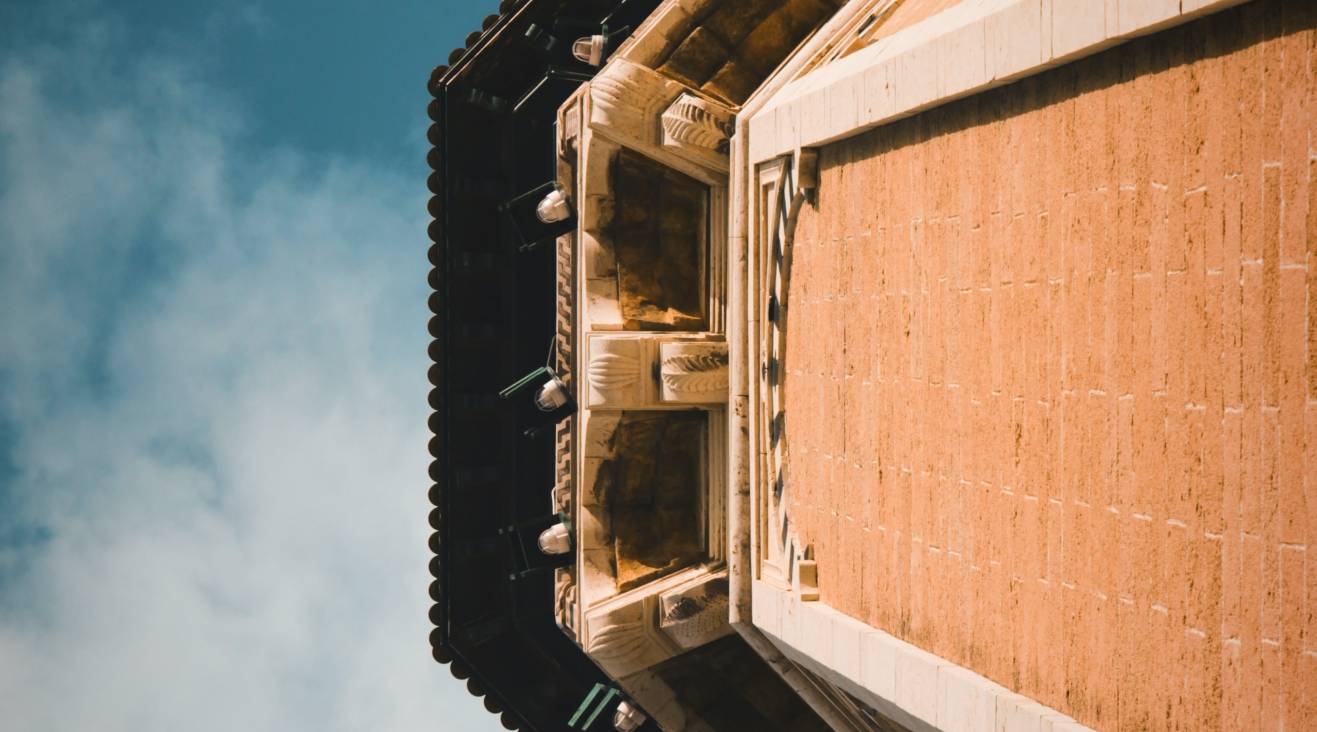
Tunisia
Capital city — Tunis
Country population
Incarceration rate (per 100,000 inhabit…
i12/2018Type of government
Human Development Index
0.739(91/188)
Homicide rate (per 100,000 inhabitants)
Name of authority in charge of the pris…
Ministry of JusticePrisons are admin…
Total number of prisoners
i01/01/2019/ Ministry of Justice, INPT, CoE, “Manuel du droit pénitentiaire tunisien”, November 2019, p. 13.Prison density
114 %The statistical d…
i19/04/2021/ La PresseTotal number of prison facilities
27Facilities are or…
i2018An NPM has been established
Female prisoners
i01/01/2019/ Ministry of Justice, INPT, CoE, "Manuel du droit pénitentiaire tunisien", November 2019, p. 39.Incarcerated minors
i01/01/2019/ Ministry of Justice, INPT, CoE, "Manuel du droit pénitentiaire tunisien", November 2019, p. 39.Percentage of untried prisoners
i04/03/2019/ The General Directorate of Prisons and Rehabilitation, quoted in Lawyers without Borders, "Campaign against overcrowding in prisons in Tunisia", September 2019, p. 2.Death penalty is abolished
no, but suspended in practiceThe death penalty…
Health
Organisation of health care
Ministry in charge
Ministry of Justice
Tunisian prisons lack equipment and medical staff. The country has about 15 state-qualified nurses working in prisons. The authorities call on 400 prison officers, trained for three months by the Military Medical School, to assist them.
There are also nursing assistants. Some of them are seconded from the civil service, while others are part of the prison’s staff. Prisoners may act as nursing assistants.[^manual]
The medical unit of Mornaguia prison has better infrastructure. The number of health personnel remains insufficient.
Access to health care
Health care is free
A medical examination is performed upon admission
A medical examination is arranged upon entry into prison. The person arriving first meets a nurse. The nurse screens for serious or infectious diseases, including HIV and tuberculosis. The prison doctor is required to meet with the prisoner within 72 hours of arrival. In practice, the examination may be carried out after 72 hours, particularly when there is a large number of arrivals.
A medical file is opened upon admission
The medical file contains reports, letters, results of medical examinations and other documents relating to the person’s state of health. This file is accessible upon written request.
Prisoners can access health care units after
an oral request
Requests for access to the health care unit are made to the dormitory head. They pass on the request to the staff. Cases deemed urgent are treated as a priority.
Medical examinations are carried out on a confidential basis
no
People arriving with a prescription must receive medical treatment without delay. In the absence of a prescription, the prison doctor decides on the treatment. The prisoner is then examined by a medical specialist.
Any treatment based on psychotropic drugs must be specifically prescribed by a specialist doctor.[^manual1]
Incarcerated people do not have the opportunity to consult a doctor of their choice.
Hospitalisation is subject to a request from the prison doctor. The prisoner is handcuffed during their transfer. A guard is present at all times during hospitalisation. The patient is handcuffed to his bed, except when they are being examined. The prisoner is required to leave the bathroom door “ajar” each time they use it.1
Ministry of Justice, INPT, CoE, “Guide du prisonnier en Tunisie”, November 2019, p. 73. ↩
People with tuberculosis are isolated from the rest of the prison population. They are placed in dedicated sections.
-
The authorities allocated seven new units for incoming prisoners. The head of the National Authority against Torture stated that health protocols were not respected in prisons. He pointed to the lack of distancing and mask wearing and said that the facilities had become a hotbed of infection due to transfers between courts and prisons.
-
A vaccination program for incarcerated people was reportedly launched on 28 March. In April, the prison administration stated that dit was planning to vaccinate 5,000 prisoners over 65 or suffering from chronic diseases. The vaccination campaign began at Mornaguia prison.
-
Seven COVID-19 positive cases were reported on 28 March in the country’s prisons (two prisoners and five staff members). On 2 June, 143 other prisoners and 50 other staff members tested positive. On 29 June, an outbreak was discovered at Messaâdine prison, where a total of 292 prisoners and prison staff members tested positive.
-
The penal administration announced hygiene measure strengthening in prisons. The administration is planning for sterilization operations, the purchase of thermal cameras, and the creation of isolation cells. Newcomers are being examined in full before being placed in the cells. Special visiting rooms (allowing direct contact between prisoner and visitor) were suspended until further notice. The possibility of providing food parcels made by families (baskets) is limited. The administration is planning for the implementation of awareness and information campaigns for prisons and prison staff on appropriate preventive measures.
>> Prison Insider has been documenting measures taken and events observed during the COVID-19 pandemic, on the basis of the information available.
Mental health care
Persons suffering from mental illnesses are not held in specific facilities. They are incarcerated under the same conditions as any other prisoner.1 Prisoners and staff report serious problems such as suicides, self-harm and assaults. Care is mainly limited to the distribution of psychotropic drugs.
Ministry of Justice, INPT, CoE, “Guide du prisonnier en Tunisie”, November 2019, p. 43. ↩
No special monitoring or treatment is provided for prisoners with addictions. The use of psychotropic drugs and narcotic products is widespread in prisons.